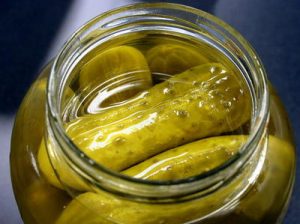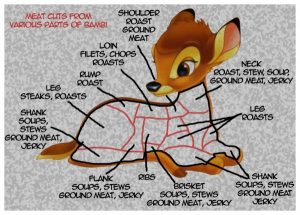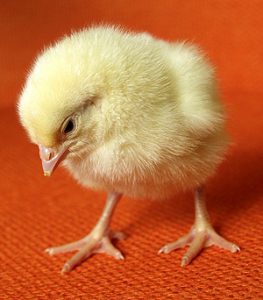Yarra is a suburb of Melbourne (that’s in Australia).
 Pastry Art Design Pty Ltd is the proprietor company of a registered food business at 280 – 282 Smith Street, Collingwood called Milk Jamm, previously known as Pastry Art Design. Emmanuel Ploumidis was the sole director of the company.
Pastry Art Design Pty Ltd is the proprietor company of a registered food business at 280 – 282 Smith Street, Collingwood called Milk Jamm, previously known as Pastry Art Design. Emmanuel Ploumidis was the sole director of the company.
The charges against Pastry Art Design Pty Ltd and Emmanuel Ploumidis relate to contraventions on 6 dates, between 30 May 2014 and 9 July 2015.
They include inadequate pest control, inadequate cleaning, contaminated food products, inadequate and inaccessible hand washing facilities and intimidation of an authorised officer.
The case was heard on 13 September at Melbourne Magistrates Court by Judicial Registrar Samantha Dixon.
In her summation, Dixon said ‘This is one of the worst cases I have seen. The proprietor failed in every way to provide a safe working environment and to protect the public, it is very serious. The defence concocted (that the premises was not operating at the time of initial charges) has caused delay and is aggravating. The threats also are an aggravating feature when the intent was to assist.’
This proprietor and director have been prosecuted twice previously (in 2009 and 2012) for very similar offences. Premises visits this year have revealed a marked improvement in cleanliness and pest control.
We have an important role in food safety and education for our community, through food sampling and safety checks at businesses, responding to food complaints and food product recalls and registration and inspections of nearly 1,500 food premises across Yarra.










